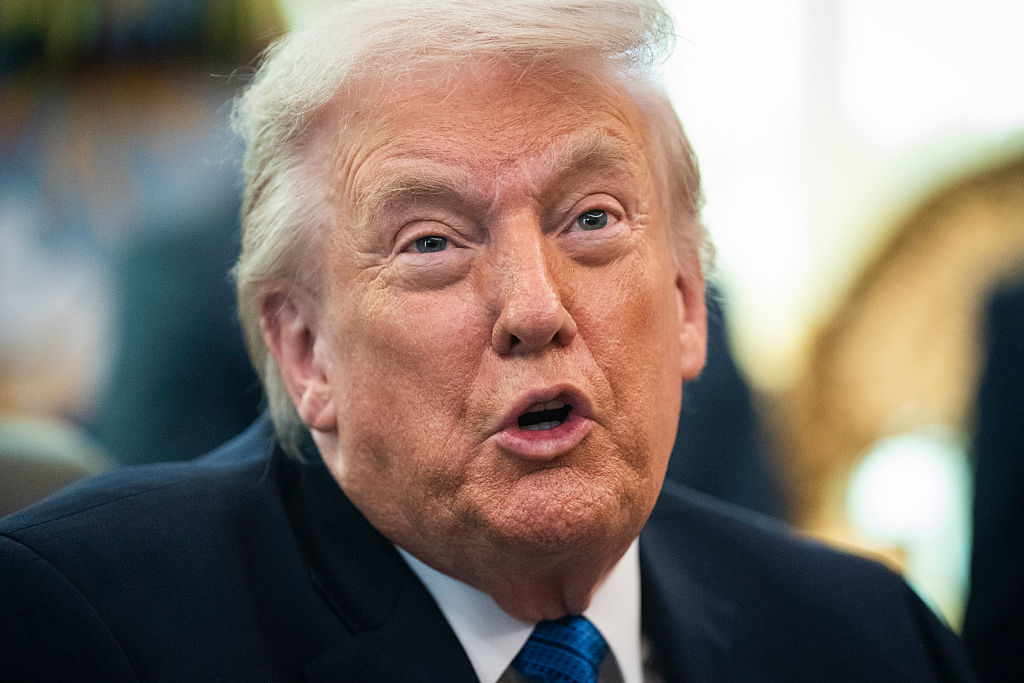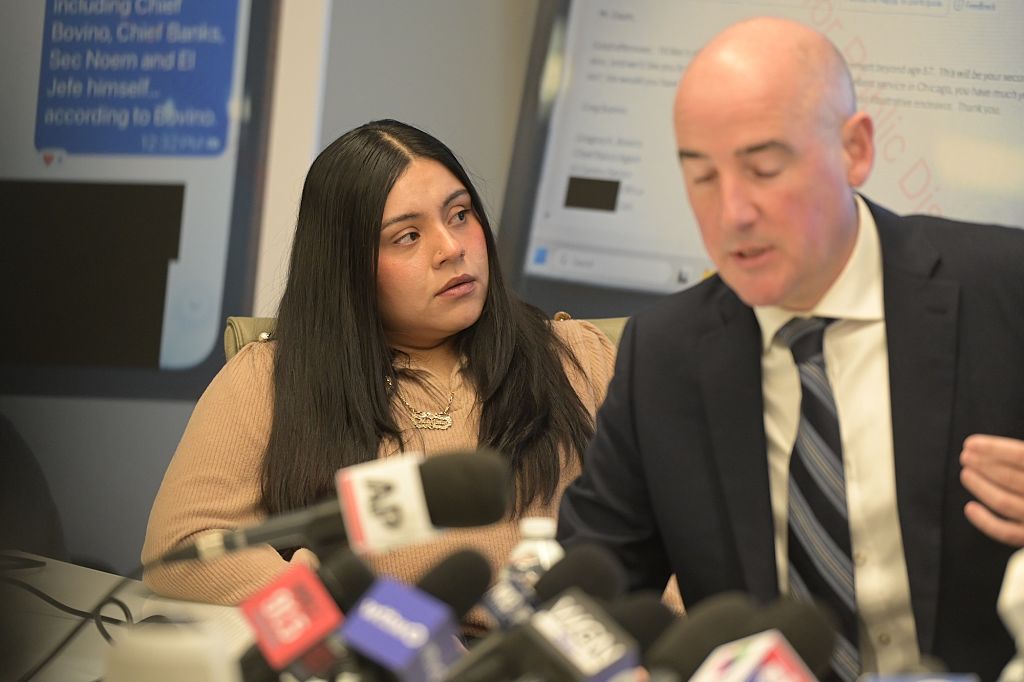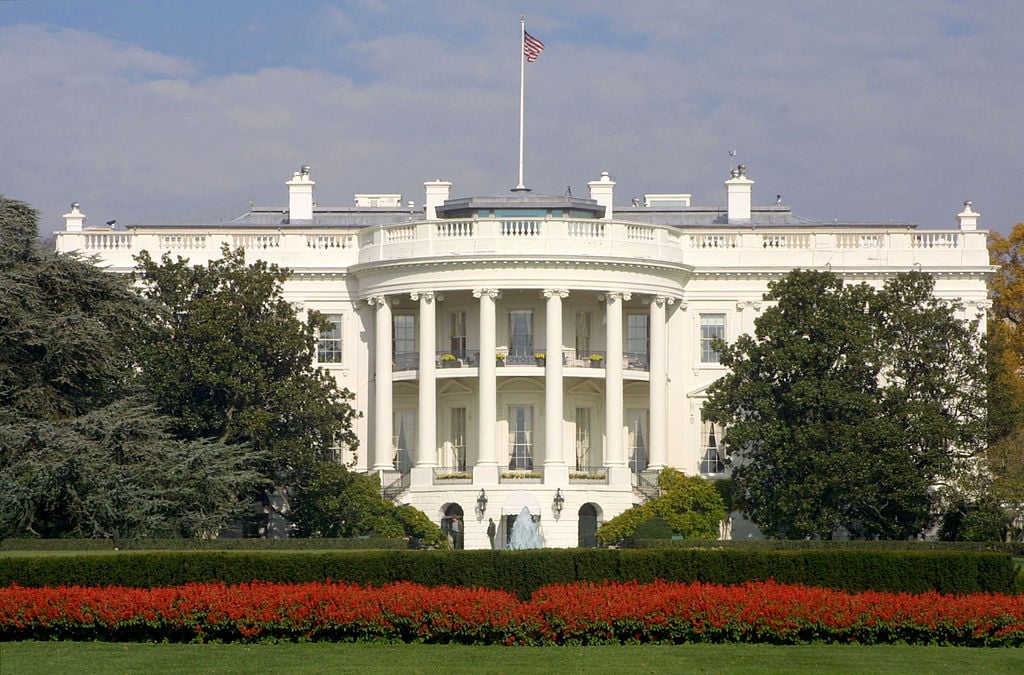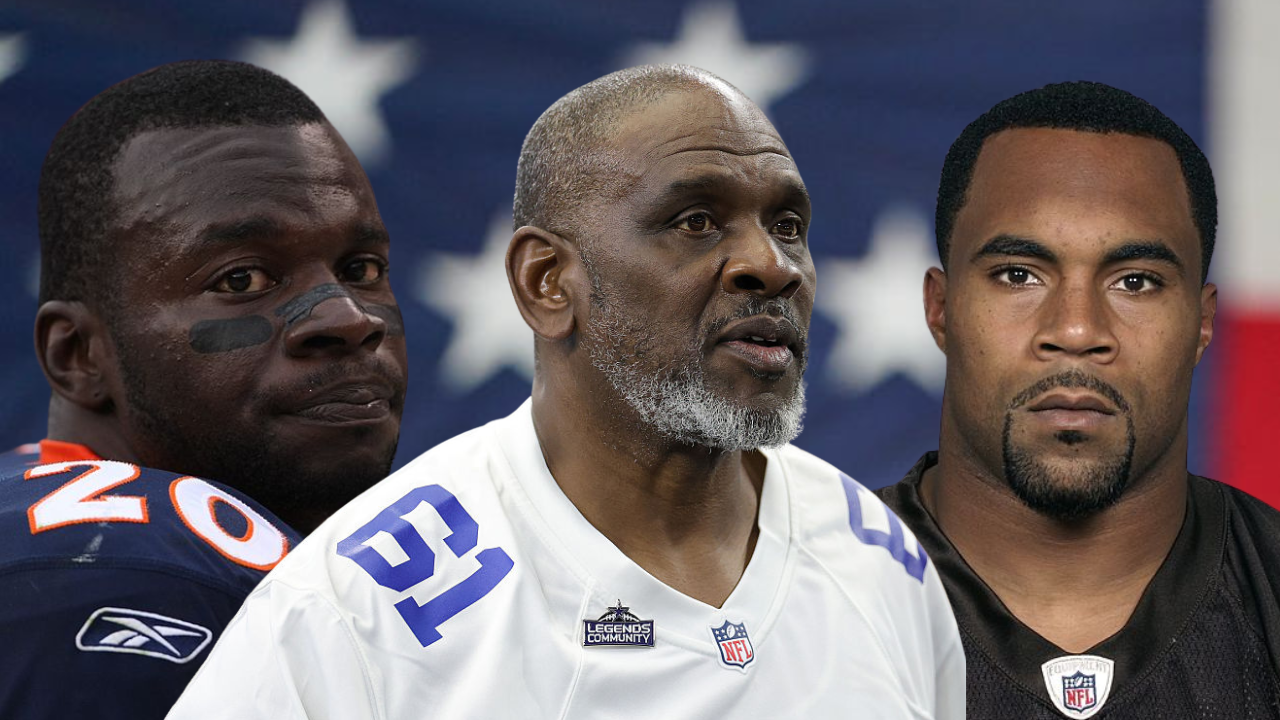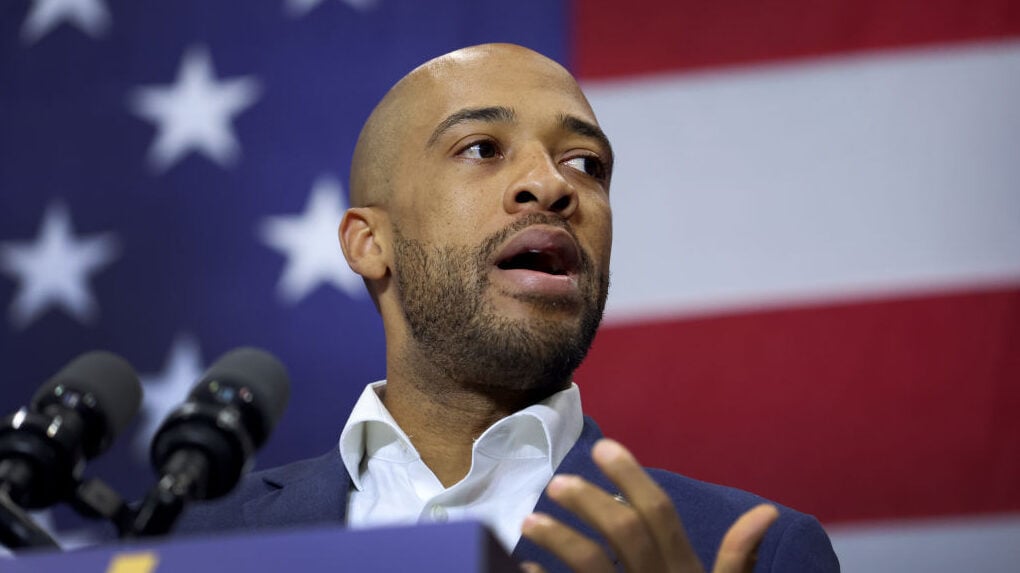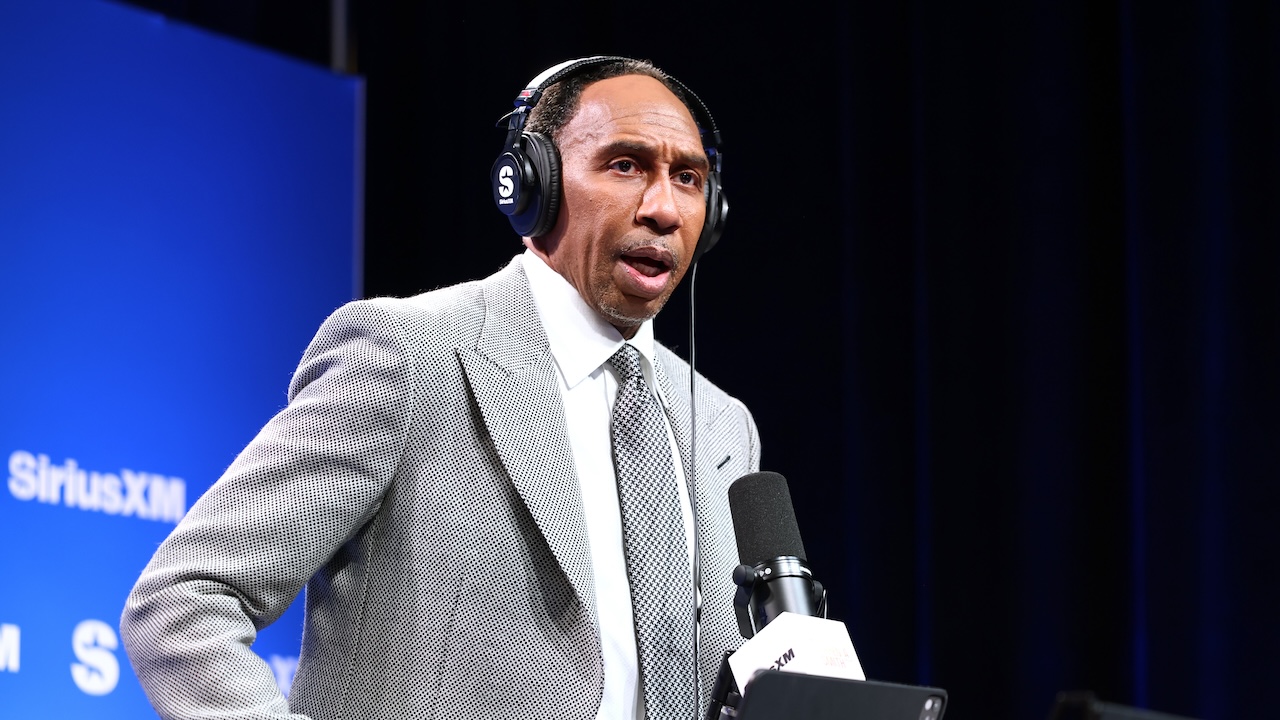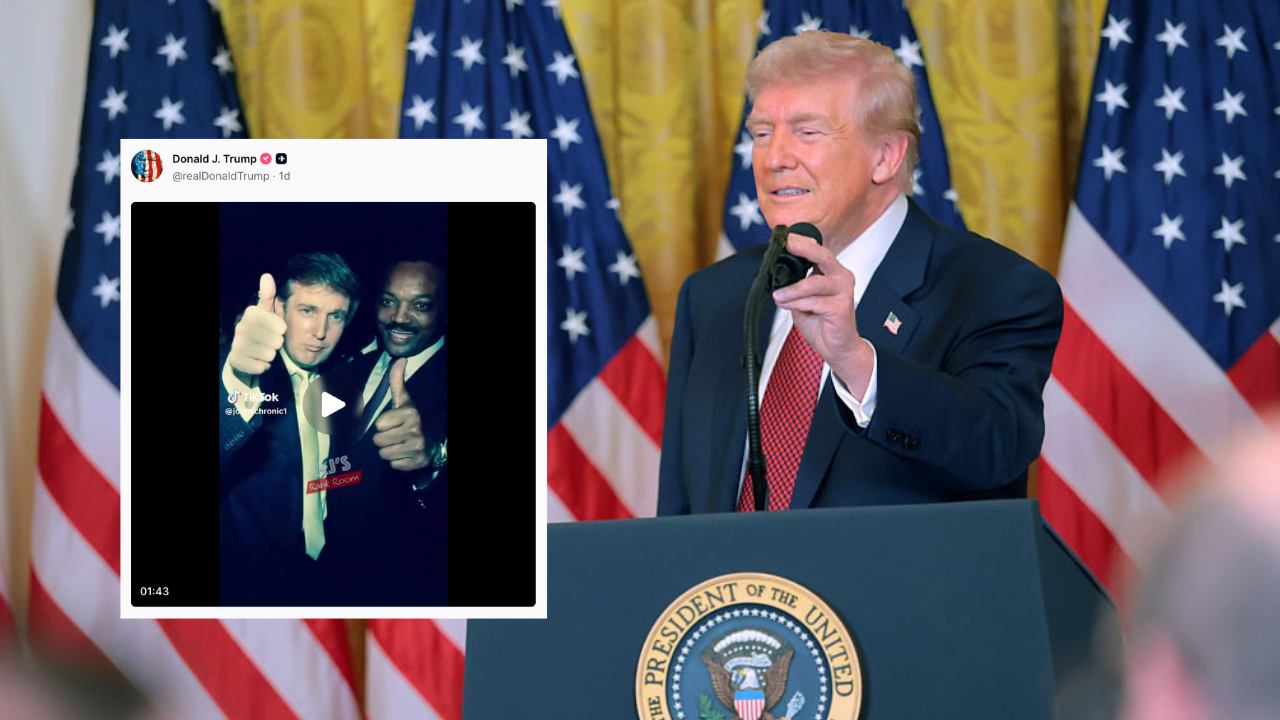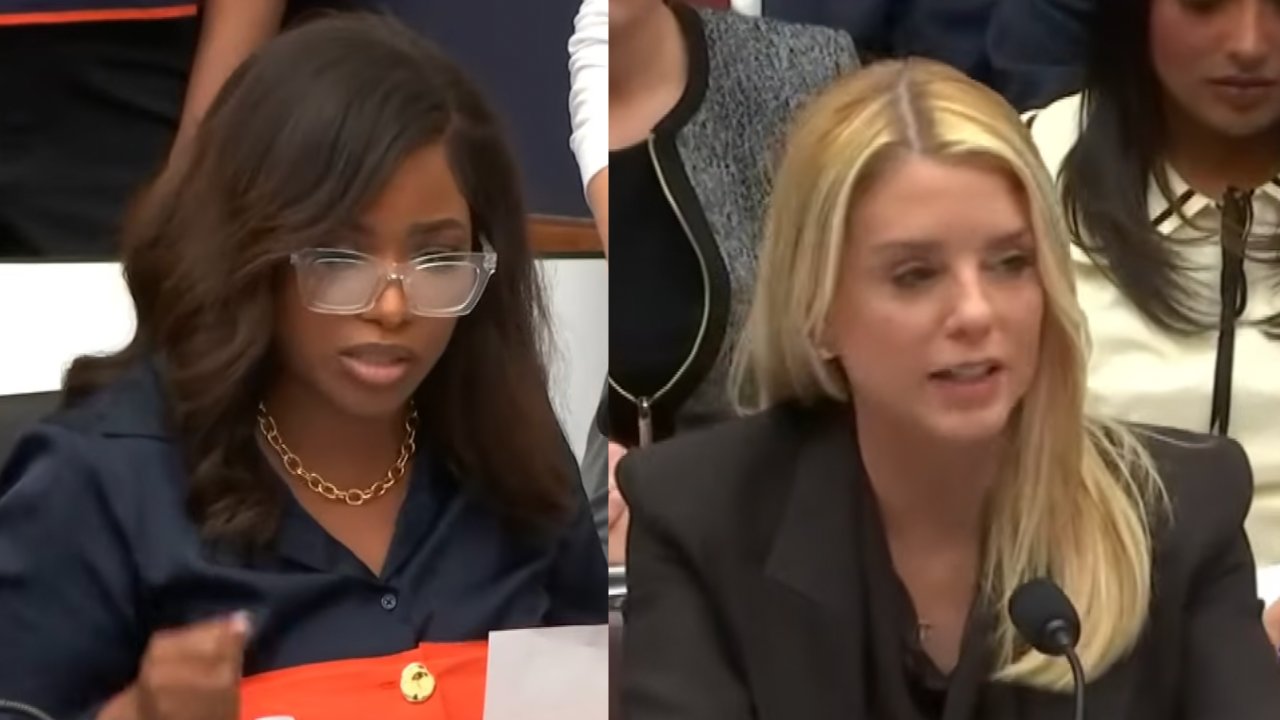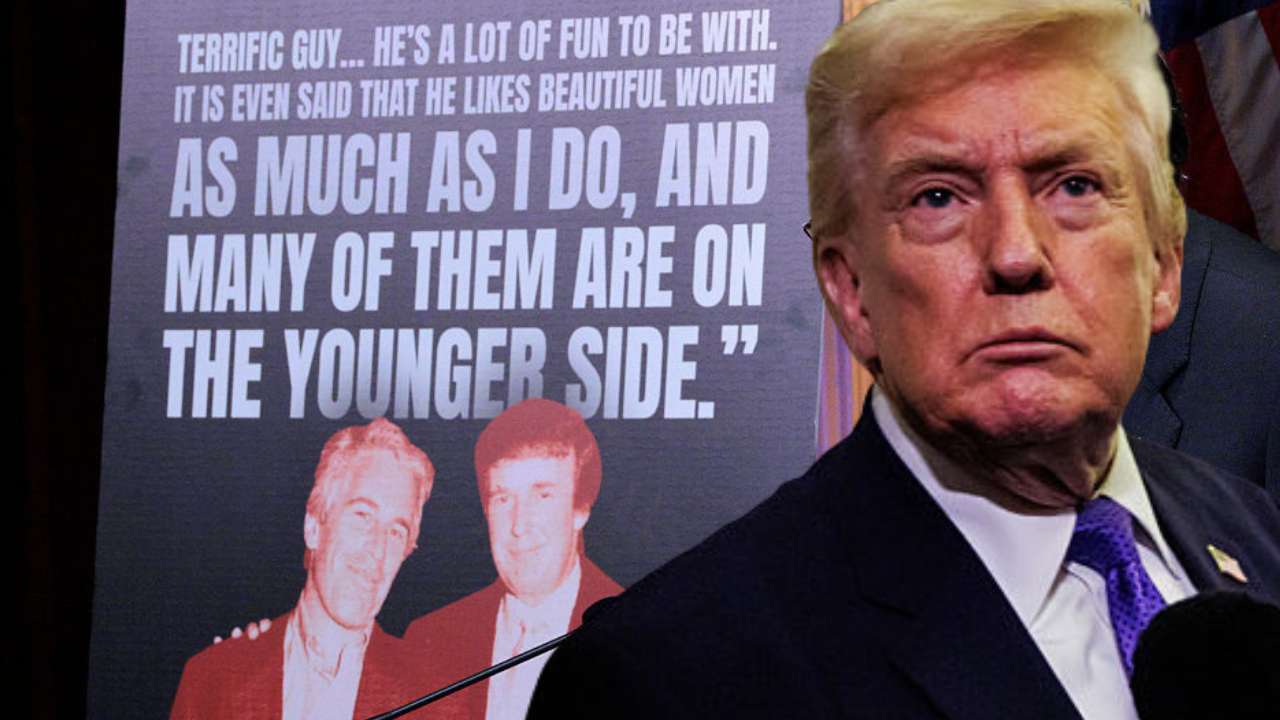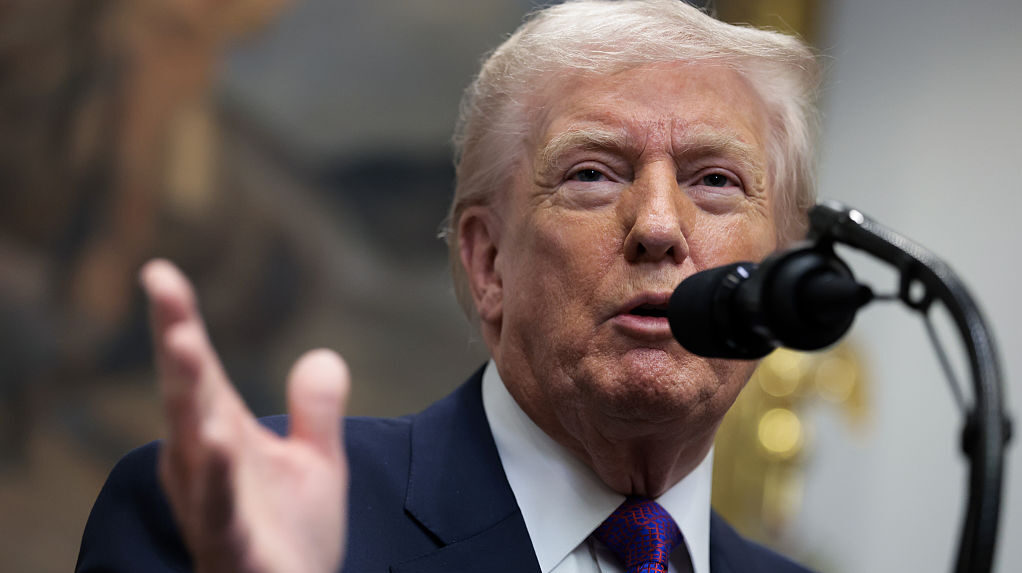Supreme Court case could grant Trump and Republicans power to trample Black voting rights for one-party rule, advocates warn
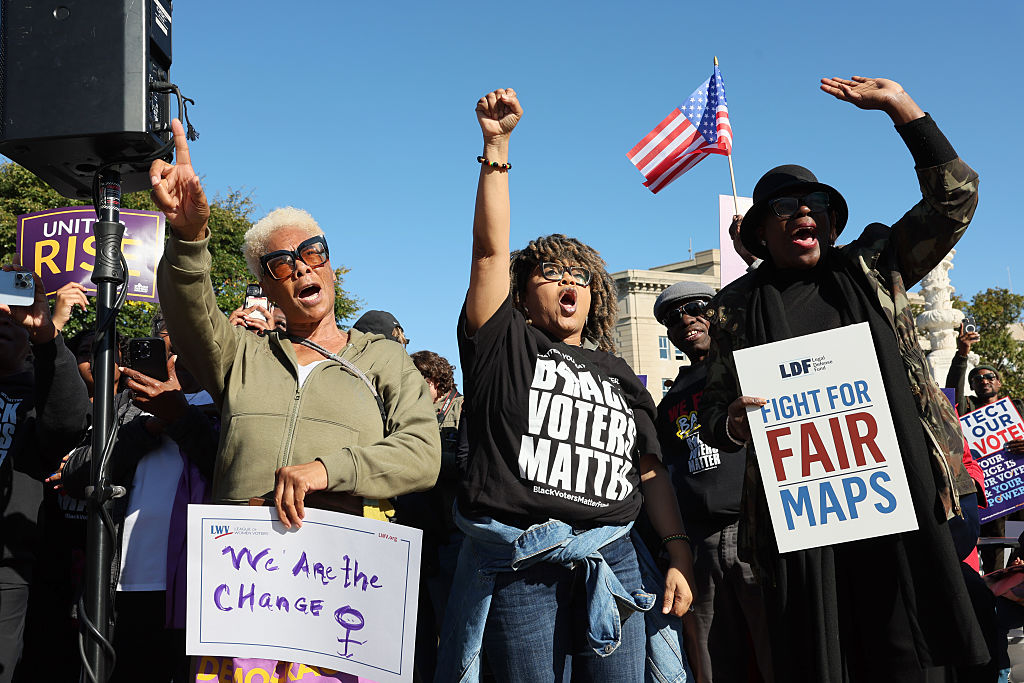
“They can literally create a permanent one-party rule system without the Voting Rights Act in place–and doing it at the expense of Black communities and Black voters,” Cliff Albright, co-founder of Black Voters Matter, told theGrio.
The U.S. Supreme Court on Wednesday heard oral arguments in a case that could effectively kill the Voting Rights Act of 1965 and allow the Republican Party to redraw voting maps without existing protections from racial discrimination for Black communities across the country.
“They can literally create a permanent one-party rule system without the Voting Rights Act in place–and doing it at the expense of Black communities and Black voters,” Cliff Albright, co-founder of Black Voters Matter, told theGrio.
The case, Louisiana v. Callais, will determine whether Louisiana’s current congressional map, which includes two majority-Black districts, is constitutional under the 14th and 15th Amendments.
The plaintiffs, a group of white voters, say the existing map, which was established to address racial discrimination against Black voters in the state, discriminates against them as non-Black voters.
“The parties in this case are arguing about whether recognizing and acknowledging the existence of discrimination is somehow itself racist and that just can’t be the case. That’s not what the 14th and 15th Amendment were ever about,” said Megan Keenan, a Voting Rights Project staff attorney for ACLU, which is also a defendant in the case.
Keenan said the case not only implicates the VRA, but “anti-discrimination statutes, more broadly, in terms of whether we are allowed to look seriously at the issue of race in this country in trying to remedy the harms that discrimination causes.”
Louisiana v. Callais
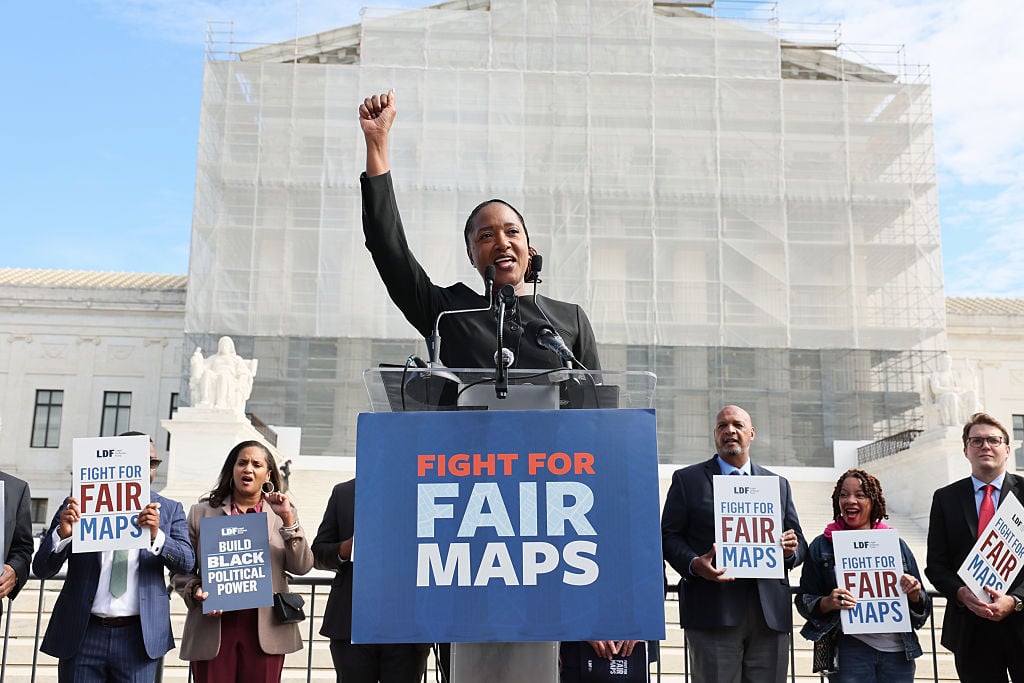
At the heart of the case in Section 2 of the Voting Rights Act is a provision that allows voters to seek judicial relief if they believe that a state or local government has denied or limited their voting rights on the basis of their race, color, or membership in a language minority group. Section 2 establishes “opportunity districts,” which are created to avoid the drawing of maps that dilute the voting power of racial minorities.
The Supreme Court will rule on whether to strike down Section 2 entirely.
The high court already struck down other components of the VRA, including Section 5 in 2013, which required federal oversight of voting rights laws in southern states, like Louisiana, where Black voters were historically discriminated against through poll taxes and literacy tests.
Janai Nelson of NAACP Legal Defense Fund, who argued the case before the Court on behalf of Black voters, said that racial discrimination in voting against Black Americans, in Louisiana and beyond, isn’t just a thing of the past.
“If we take Louisiana as one example, every congressional member who is Black was elected from a [Voting Rights Act] opportunity district. We only have the diversity that we see across the south, for example, because of litigation that forced the creation of opportunity districts under the Voting Rights Act,” said Nelson.
Louisiana voters elected Democrat U.S. Rep. Cleo Field in the November 2024 election under the existing congressional map, making him the second Black member of Congress representing the state. His seat is in jeopardy of being eliminated if the Court rules against Louisiana’s current map.
Nelson of the LDF said, in addition, to Congress, “Every justice in Louisiana has been elected through a VRA opportunity district, and nearly all legislative representatives have been elected in those same districts. So, Louisiana alone is an example of how important it is to have Section 2 continue to be enforced to create these opportunities.”
Justice Ketanji Brown Jackson, a liberal and the first Black woman to serve on the Supreme Court, defended Section 2 and explained that it wasn’t a “remedy in and of itself,” but a necessary tool to identify whether discrimination has occurred. 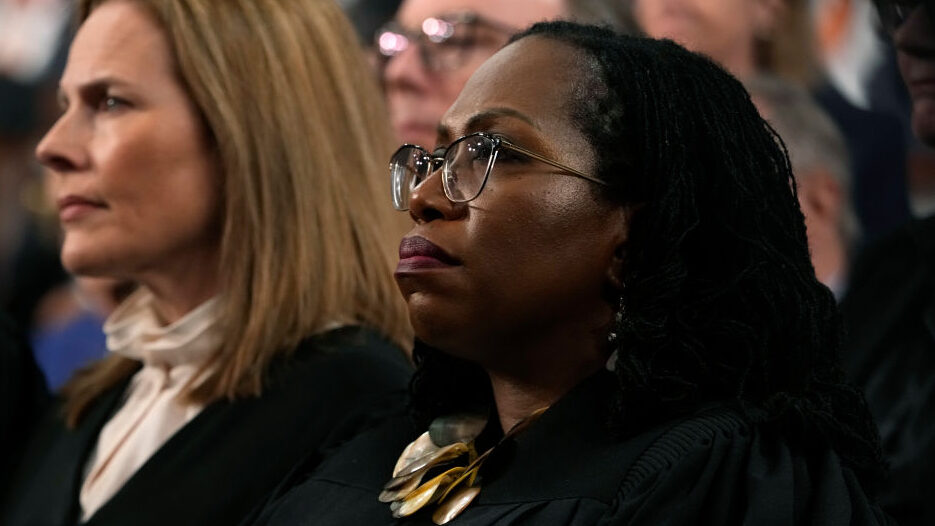
“It’s like a tape measure that we’re looking as to whether or not certain circumstances exist, and those circumstances that Congress is worried about is unequal access to electoral opportunity,” said Jackson during oral arguments. “Section 2 tells you we have to look for those circumstances. And then the court says, ‘Yes, they exist in this situation under Section 2,’ and so now a remedy is required.”
While conservative justices on the Supreme Court appeared open to ruling in favor of the white voters during oral arguments, Nelson remained optimistic after the Wednesday court hearing, considering the court ruled in favor of a similar map with opportunity districts in Alabama in 2022 (Allen v. Milligan).
“We feel confident that if the court relies on its precedent, if it continues to have a commitment to the 15th Amendment and to this project of multiracial democracy, that it will rule in our favor,” said Nelson.
“There has been no change in conditions for the law since it decided Allen v. Milligan a mere 28 months ago, where the court reaffirmed the constitutionality of Section 2, where the court rejected many of the specious arguments that our opponents have asserted on this second argument of the case, and so we feel very confident that the law is absolutely on our side.
Broader implications that could give Trump one-party rule
As President Donald Trump and Republicans seek to keep full control of Congress in next year’s midterm elections, the issue of redistricting or redrawing maps has emerged as a major political battle. In Texas, state Republicans redrew their map in an unusual move after Trump demanded that they do so.
The outcome of Louisiana v. Callais will impact other cases, including the Texas map, which is currently being litigated in court for violation of Section 2, and several others.
But advocates for Black and Latino voters say protecting Section 2 of the Voting Rights Act isn’t just about protecting access to the ballot, but the very two-party system that makes America a democracy amid concerns about the Trump administration’s actions, like sending the military to crack down on American cities and pressuring private institutions and schools to bend to the president’s conservative agenda. 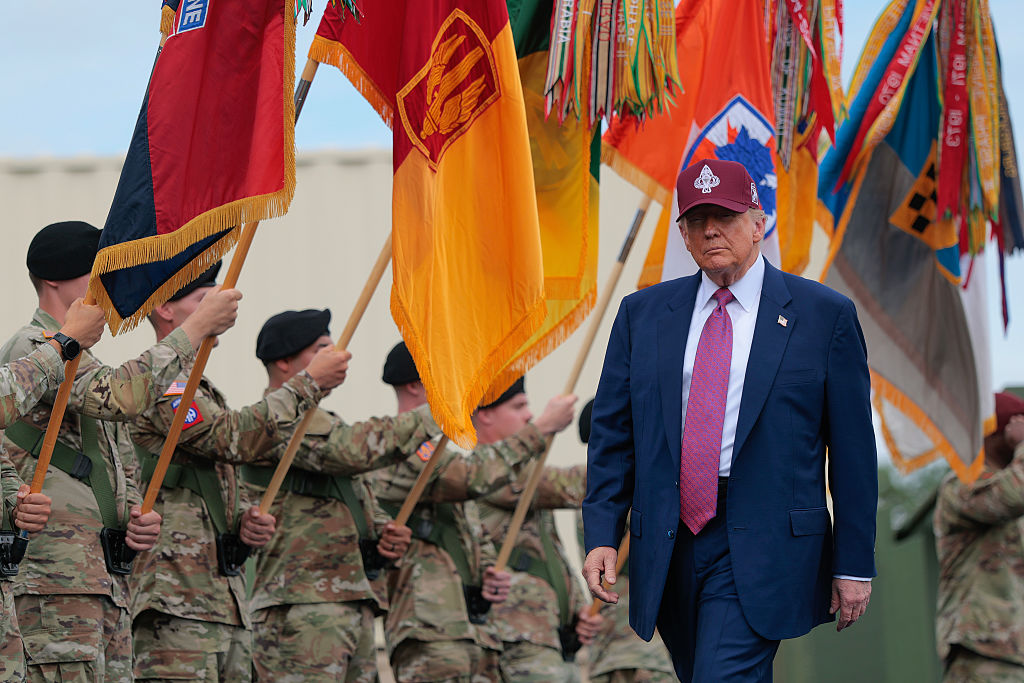
Given President Trump’s very open intent to have Republicans redraw maps in their favor to keep majority control in Congress for years to come, advocates fear that a SCOTUS ruling striking down Section 2 of the Voting Rights Act will only lead to more maps that target Black voters in the process.
“We don’t even have to speculate, like this isn’t a conspiracy theory. You don’t have to speculate because they’re actually doing it right now,” said Albright of Black Voters Matter. “From Texas to Missouri, and now we’re hearing North Carolina is going to try to get into it.”
As theGrio previously reported, the Republican Party’s gerrymandering efforts are overwhelmingly targeting Black members of Congress whose seats are protected under the VRA.
“It’s estimated that it could be at least 19 seats that are specifically under the Voting Rights Act,” explained Albright, meaning more than a dozen seats could go to Republicans. If Section 2 is struck down, he warned, “then the kind of spin-off effects could impact as high as 33 seats that could be changed from Democrat to Republican.”
Albright said Republicans are redrawing favorable maps as a way to “shield themselves from the electorate” and so they “do anything.”
“That’s why we call it autocracy,” he told theGrio.
Albright continued, “You can’t have a people’s agenda when you’ve got a government that does not reflect the people and does not have to be responsive to the people and accountable to people. When you’ve got a government where the politicians select their voters instead of voters being able to select their elected officials. Nothing good comes from that.”
What's Your Reaction?
 Like
0
Like
0
 Dislike
0
Dislike
0
 Love
0
Love
0
 Funny
0
Funny
0
 Angry
0
Angry
0
 Sad
0
Sad
0
 Wow
0
Wow
0




